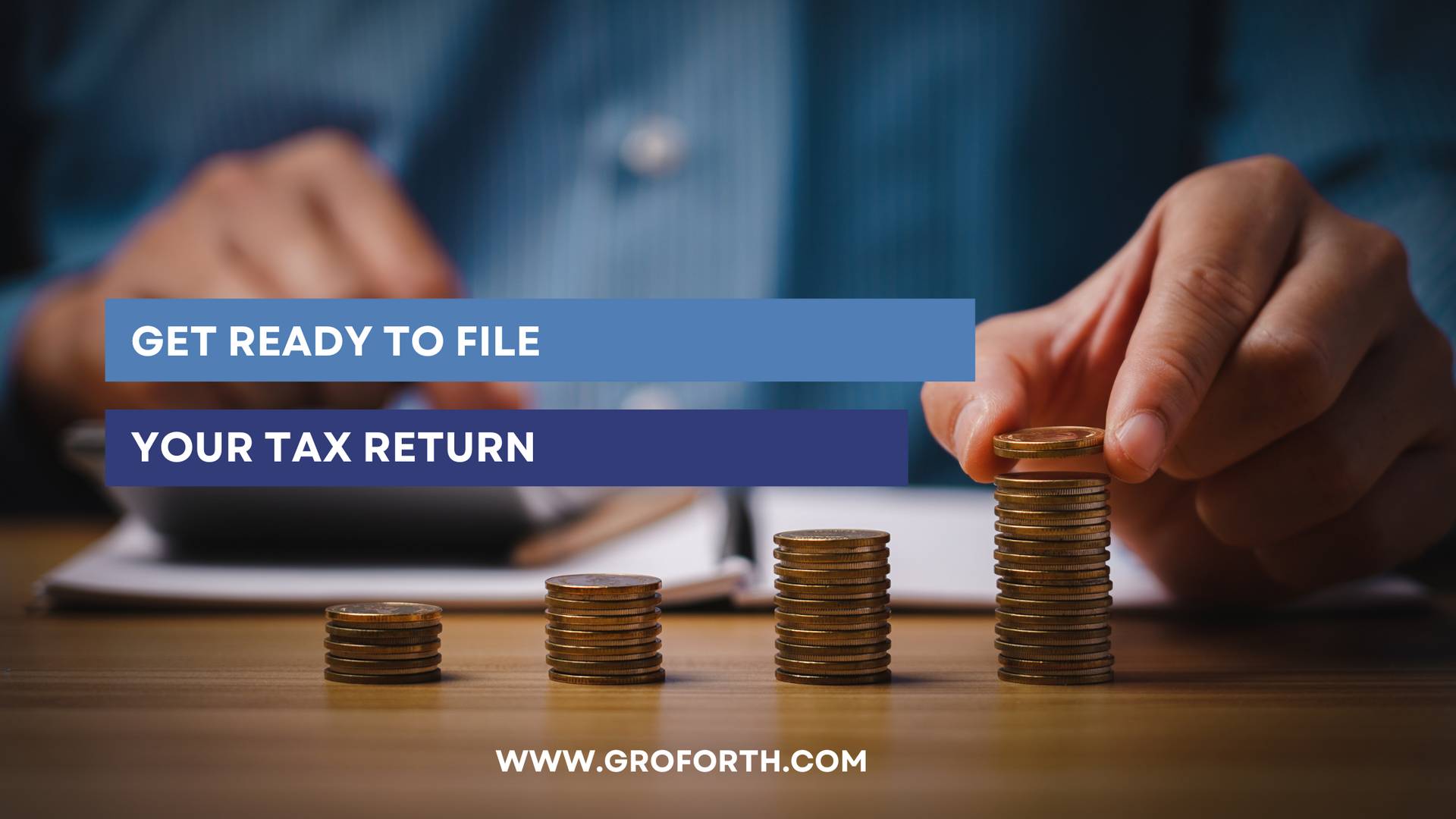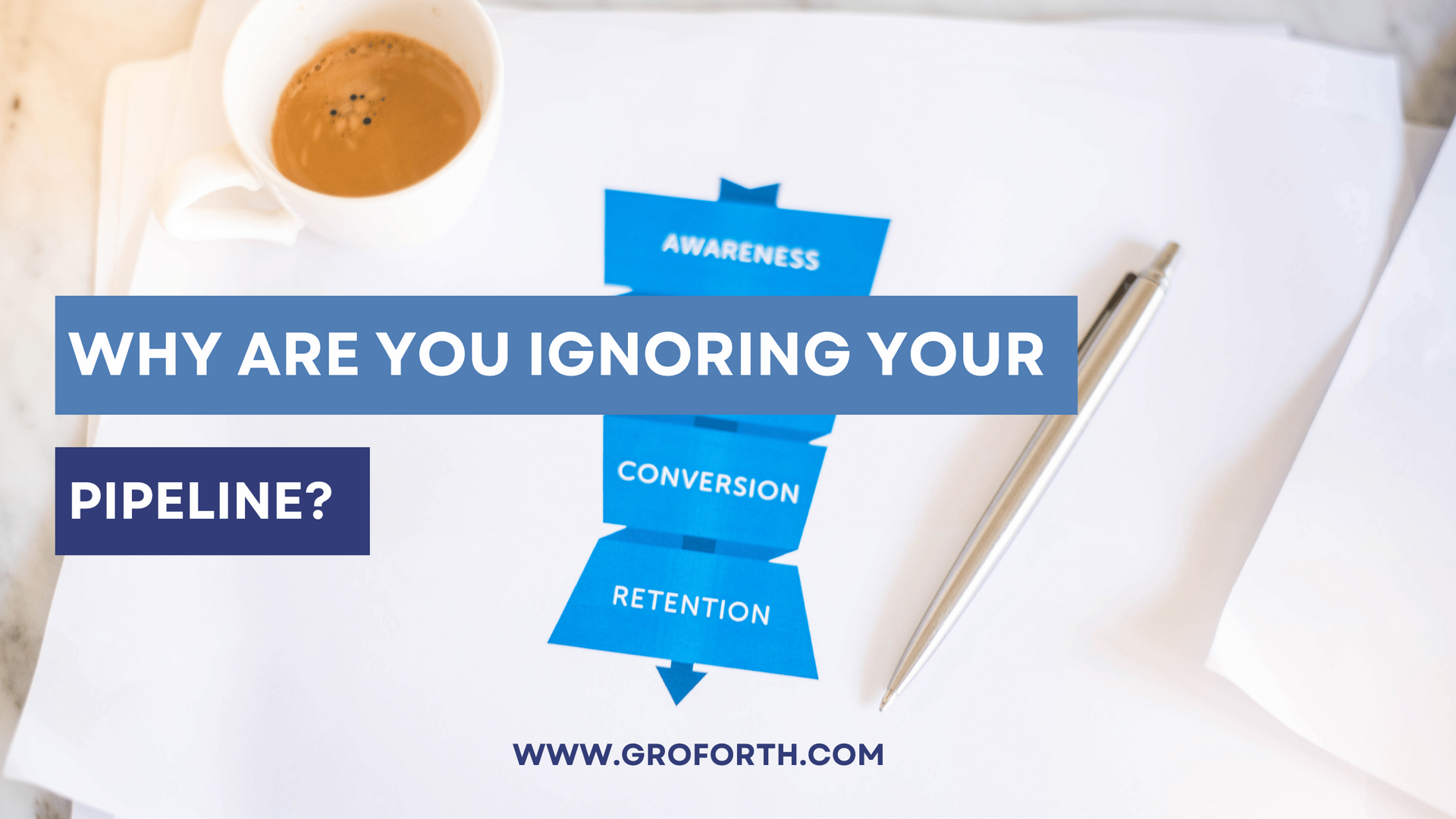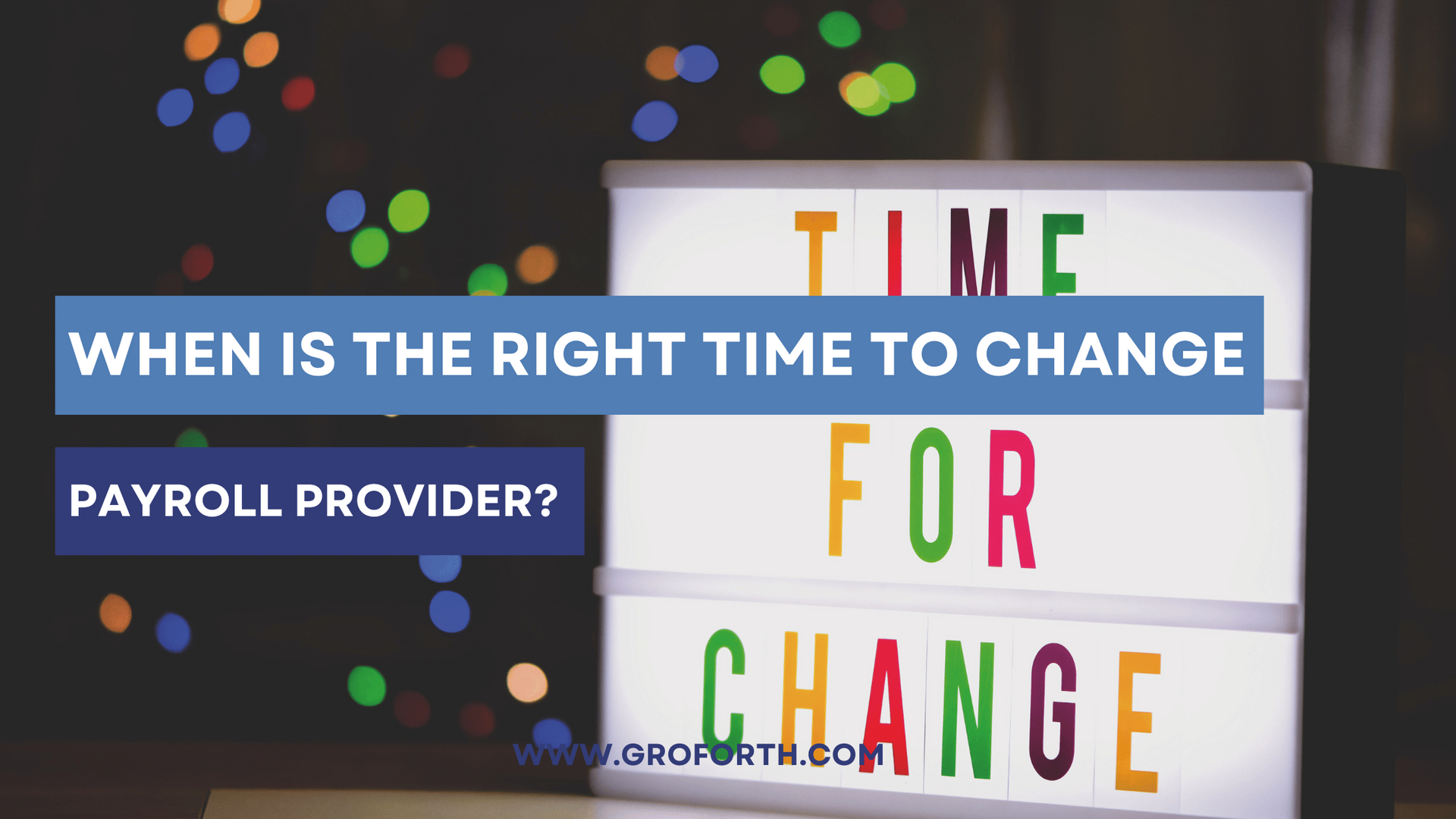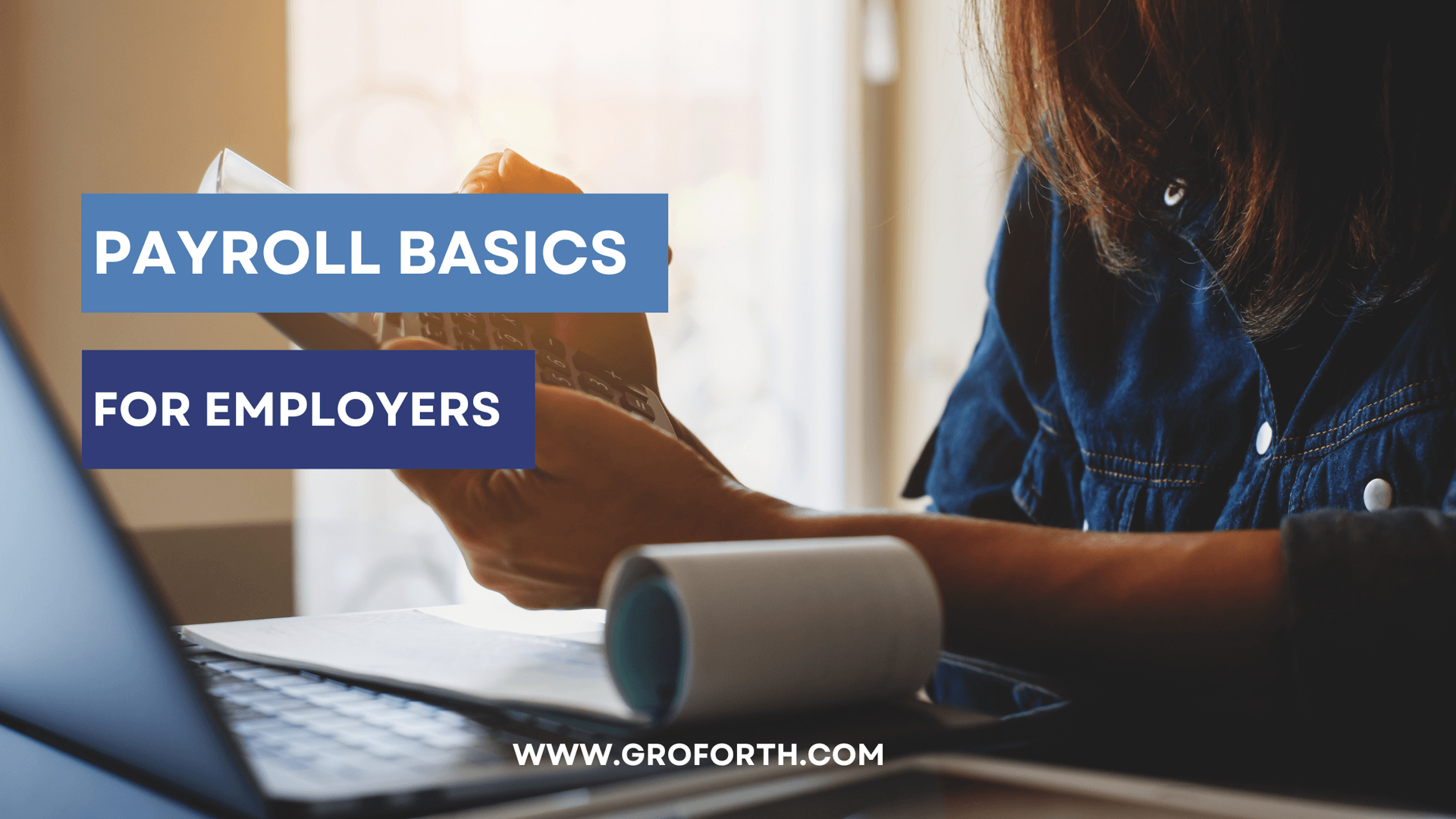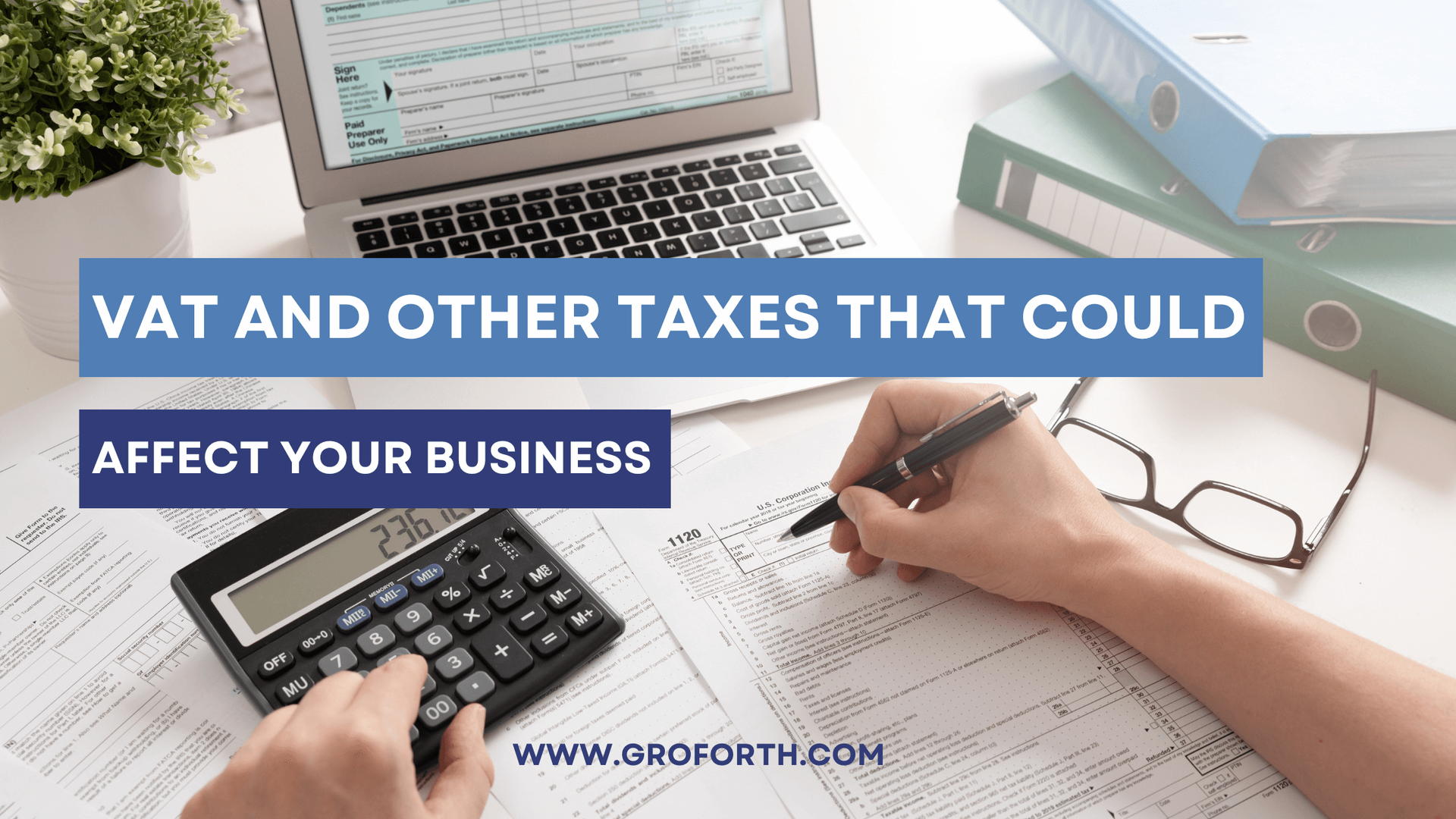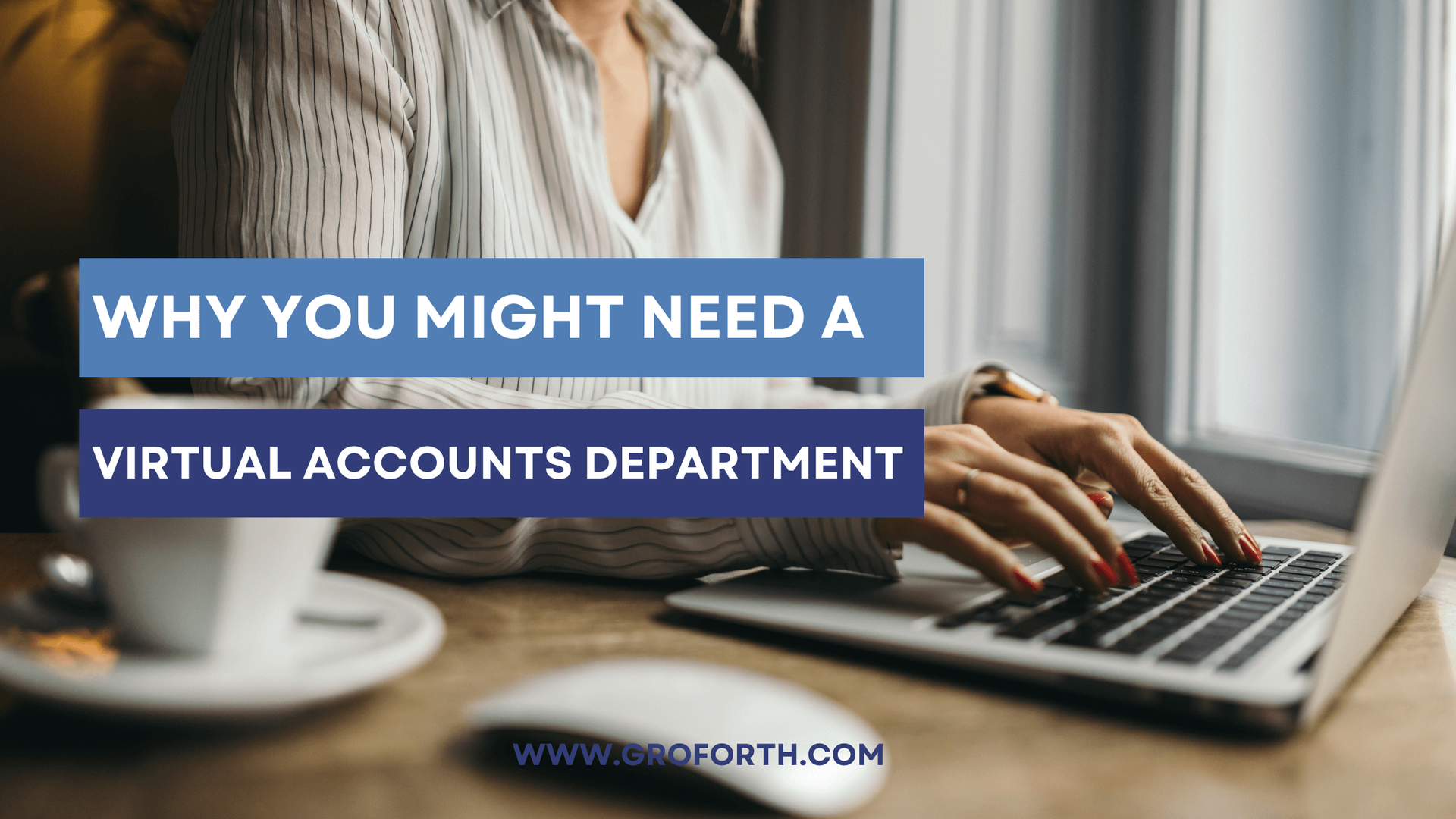March 11, 2025
Lessons learned during the Covid-19 lockdown could lead to lasting changes in some accounting firms, says Sarah Daly. For the last few months, accounting firms across Ireland have been forced to work from home due to Covid-19 social distancing requirements. While firms that already use technologies like cloud accounting have managed the transition reasonably smoothly, others have had to adapt their processes and procedures rapidly in order to cope. How technology helps improve productivity in accounting firms: As an early adopter of technology ourselves, GroForth understands the benefits that IT can deliver. So, it came as no surprise to us that cloud-based applications were a key enabler of working from home for our accounting firm clients in recent months. Software products like Xero and SortmyBooks are real time-savers in busy accountancy practices at the best of times, but their 24/7, ‘work anywhere’ functionality really came into its own when the pandemic forced firms and their clients to work from home. Likewise, accountants are finding that applications like Zoom, Skype for Business, Microsoft Teams and Slack enable them to support their customers online while teams can communicate and collaborate effectively in real time. Admittedly, with more people than ever working from home, there have been challenges when it comes to ensuring staff have access to suitable equipment and controlling and securing remote set-ups, but accounting firms are not the only ones facing these challenges. Generally, firms are willing to seek out solutions and adapt rapidly and, when it comes to workers, a recent study by the Whitaker Institute found that more than three-quarters (78%) would like to continue to work remotely after the crisis is over. How working from home boosts productivity: Another interesting lesson from the Covid-19 working from home experience is that remote working appears to boost productivity for some employees. There are several reasons why this is the case. Less time spent commuting: Various studies have shown that long commutes are stressful for employees, so it is not surprising that eliminating commuting is one of the factors that helps boost productivity. Less time spent commuting also means that workers have more time to enjoy leisure activities so there can be a strong personal incentive to complete work faster. More time spent working: When employees work from home, they may take fewer breaks, or shorter breaks. This, combined with less commuting time, means employees often log longer hours when working from home. Improved concentration: While not all workers have a suitable home environment, those that do find it quieter than working in a busy office. This helps improve concentration and focus which, in turn, enhances productivity. Better work/life balance: Simple things like being able to exercise during the day, do the shopping or put on a load of washing at lunchtime, can contribute to a better work/life balance. This can help employees feel less stressed out by conflict between their home and work responsibilities. Reduced absenteeism: Firms also say that their employees appear to have fewer sick days when working from home. Of course, not everyone is more productive. For some workers, their home environment is simply too small. Others dislike the isolation and miss the social aspect of being in the office. Variables like having young children can limit productivity as employees may be tired or stressed from having to work before children get up or after they go to bed. But, for the most part, GroForth clients find that the benefits of working from home outweigh the disadvantages. What’ s more, accounting firms are telling us that their employees appear more positive and productive because they feel their work/life balance has improved. Strategies to improve productivity: On a personal note, one practical tip that helps me improve my own productivity is exercising early in the day. I find this is energising and helps me stay positive. If you are lucky enough to have more time on your hands than usual at present, another practical tip is to use this time to benefit your business. I recently shared some ideas on how to do this in an this article on using time wisely when working from home. As well as working to improve your personal productivity, there are practical steps you can take to help your employees be more productive while working from home. These include: Recognising that employees may be experiencing conflict between work and home life if they have young children at home or are looking after older relatives. If you are willing to be flexible—for example, by allowing employees to work outside of normal office hours—this can help improve their productivity. Ensuring teams have adequate equipment and support Encouraging team members to set up a dedicated work space in their home Encouraging team members to schedule their work time, take regular breaks, and set boundaries so that work does not encroach on personal time Organise regular check-ins with team members Set clear goals, monitor performance and provide feedback While working from home is likely to continue indefinitely for many workers, some employees will need to return to the office. My colleague, Nikki Johns recently discussed this in article on the Government’s Return to Work protocol. Finally, remember to be kind to your employees and yourself. Don’t beat yourself up if you find it difficult to get time to work on your business development and strategy at present. Time constraints are a huge challenge for partners and managers in many firms. Indeed, research recently conducted for GroForth found that this is the single biggest problem accountancy practices face. Outsourcing can be one way to free up time and enhance productivity. As a provider of specialist services for accounting firms, GroForth has seen increased demand for our services since the Covid-19 pandemic began. If you’d like information about these services or would like to know more about how GroForth is helping firms like yours, please get in touch.
